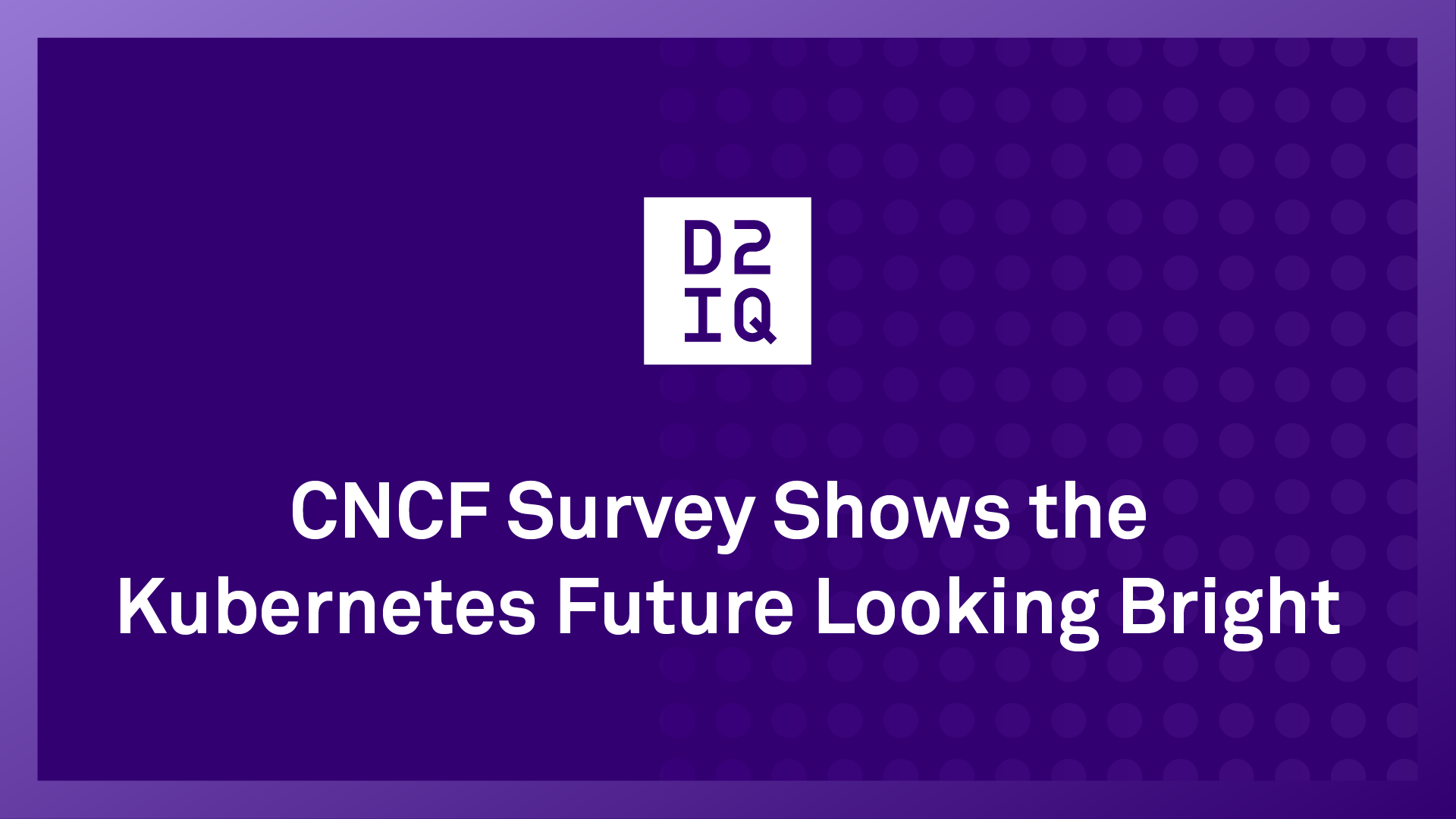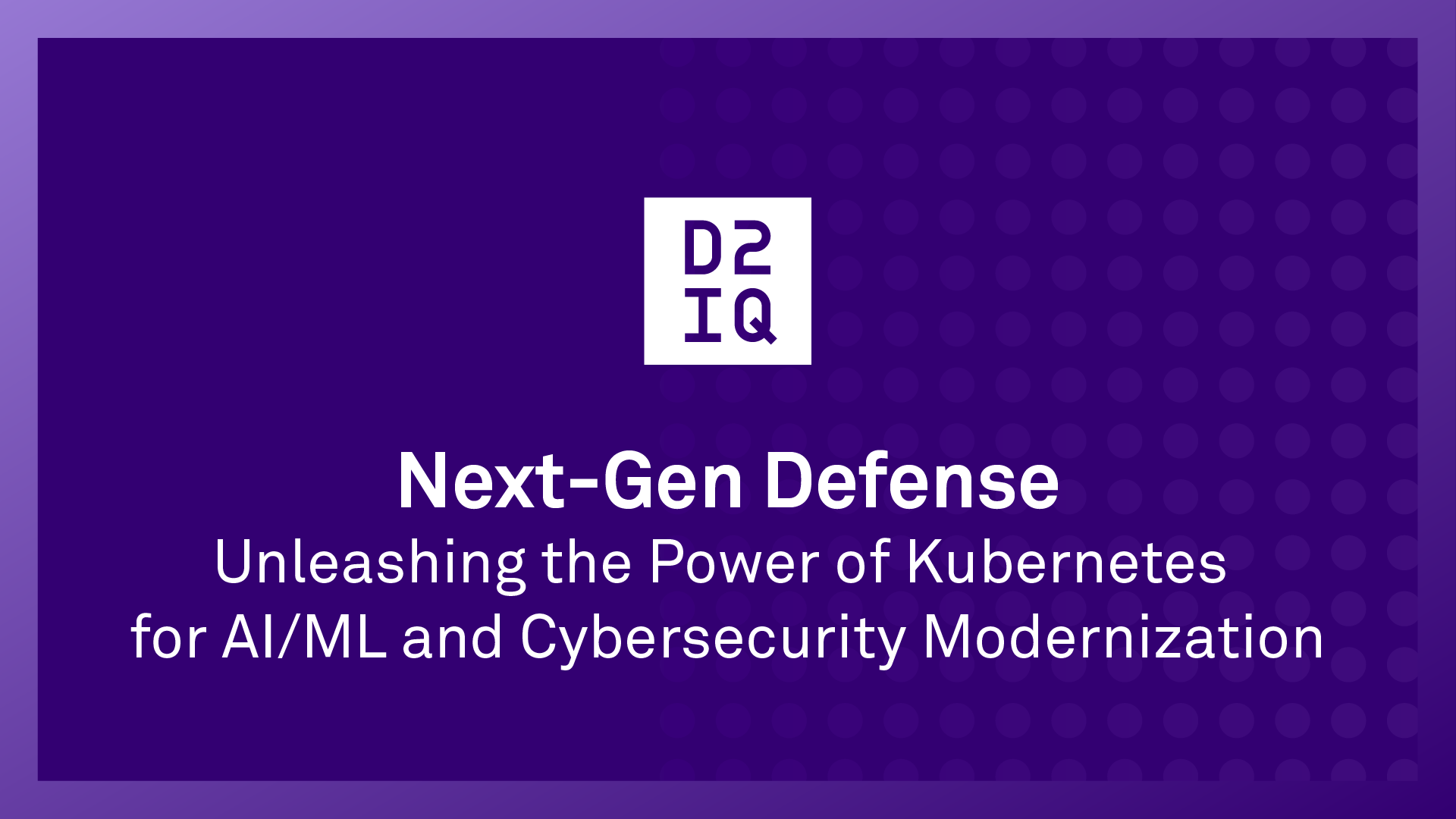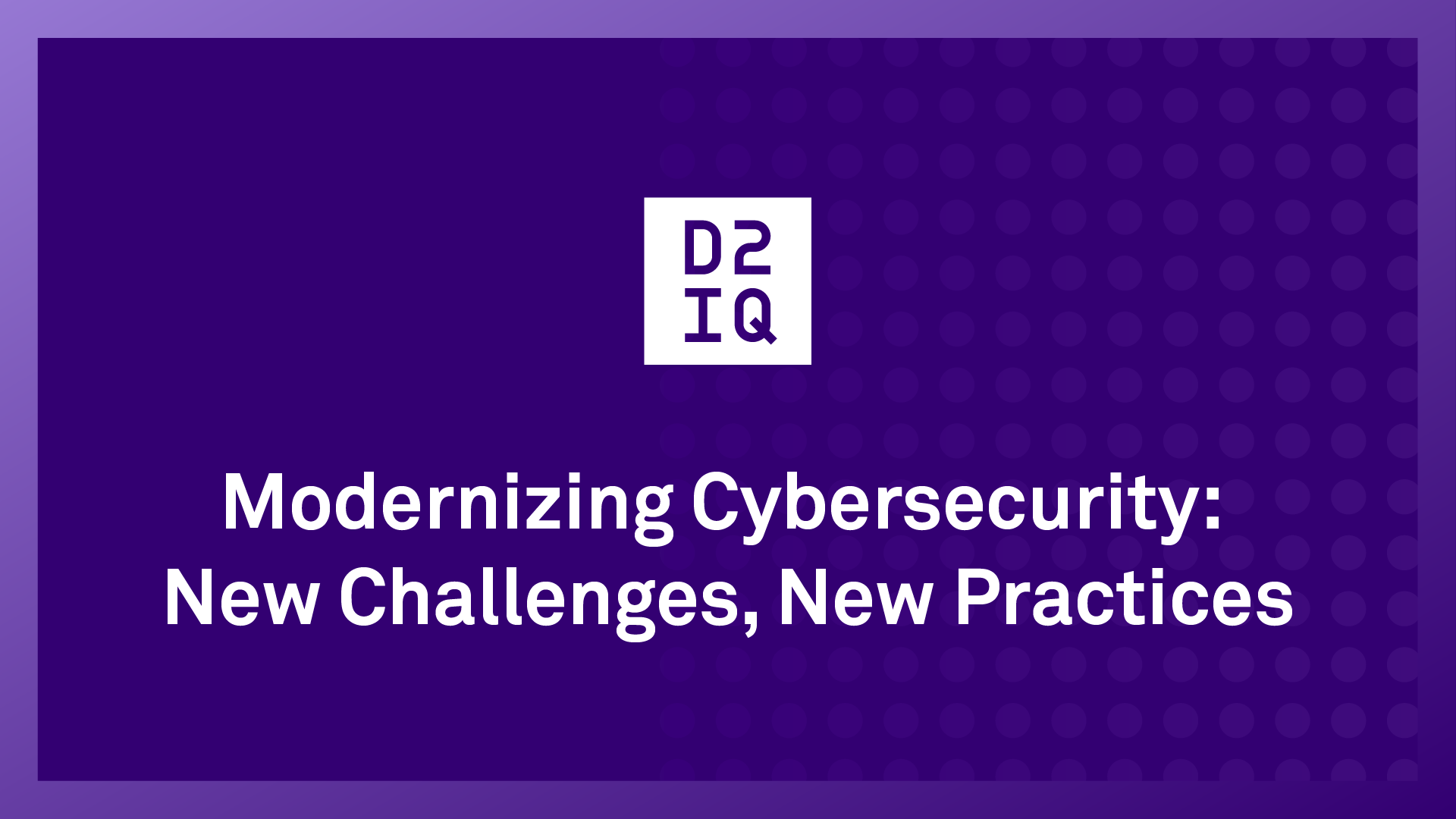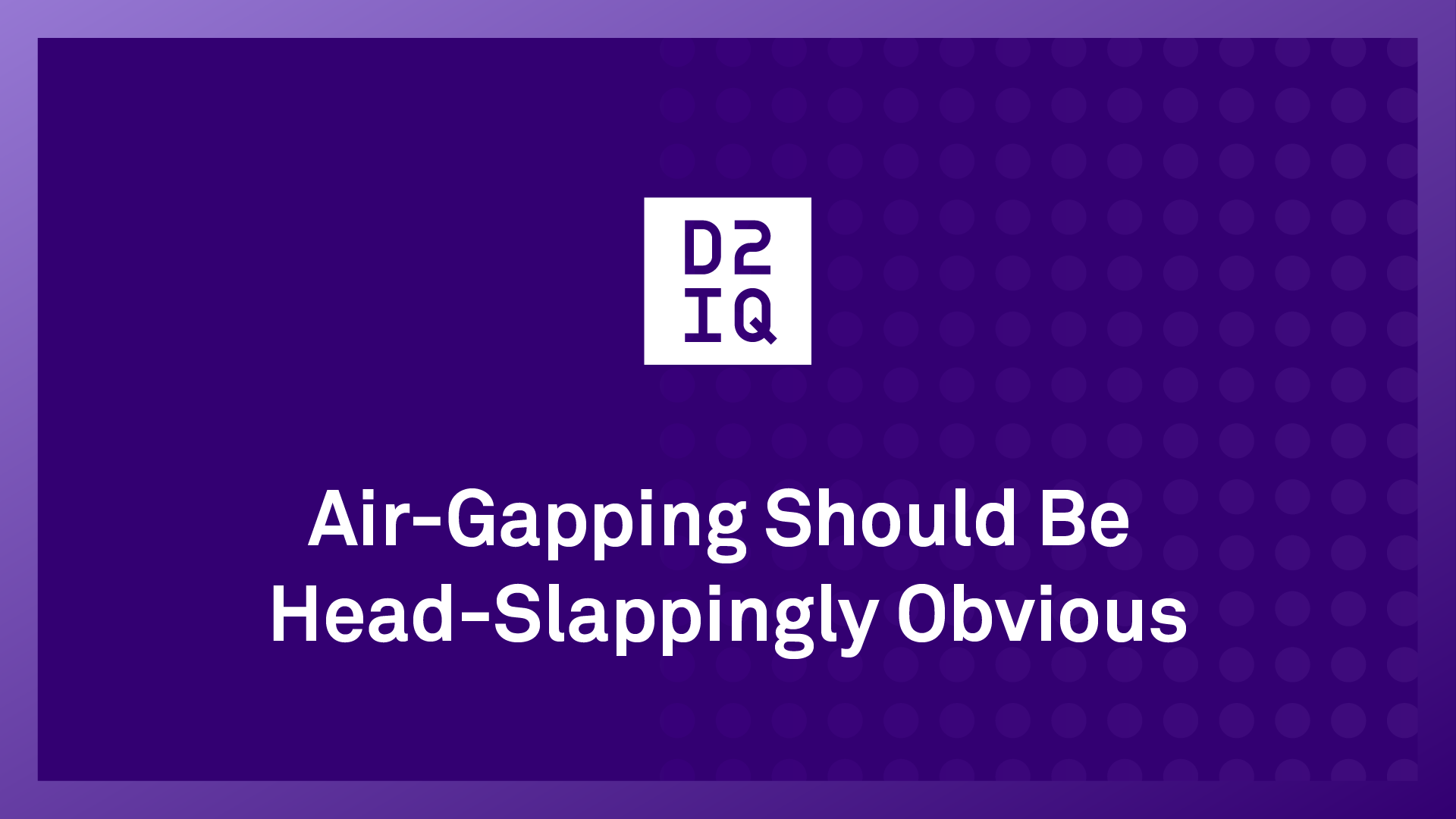The annual Cloud Native Foundation (CNCF) surveys have shown Kubernetes adoption and maturity advancing rapidly. The previous
CNCF Annual Survey showed that Kubernetes had crossed the chasm to become mainstream.
The latest CNCF survey finds that “containers are the new normal.”
Among the 2,063 survey participants, 44% said they were using containers for nearly all applications and business segments, and another 35% said that containers were used for at least a few production applications.
Kubernetes Eats the World
The CNCF findings show that Kubernetes is establishing itself as the IT infrastructure of the future. The CNCF survey reinforces this view by citing the Dynatrace
Kubernetes in the Wild 2023 report, which finds that Kubernetes has matured to the point where it has become
the platform for running almost anything–and ultimately emerging as the “operating system” of the cloud.
GitOps Gains Traction
The adoption of GitOps is another major trend seen in the CNCF survey, whose findings show that organizations that have fully embraced cloud-native techniques “are more likely to be releasing applications and using GitOps.” GitOps principles, says the survey, are four times as likely to be followed at mature cloud native organizations, versus those that have not embraced cloud native techniques.
In line with the rise of GitOps is an increase in the adoption of continuous integration and delivery (CI/CD) among cloud-native developers. The CNCF survey found that CI/CD technologies grew by 43% year-over-year, indicating that organizations are dedicating significantly more Kubernetes clusters to running software build, test, and deployment pipelines.
As we have emphasized, deploying a Kubernetes management platform based on pure CNCF-conformant Kubernetes enables you to avoid lock-in, maintenance pitfalls, security risks, and to more easily accommodate innovation that arises within the open-source community.
In designing the D2iQ
Kubernetes Platform (DKP), D2iQ engineers strive to reduce the management complexity of Kubernetes. To this end, among the most significant enhancements they have made to DKP was the integration of FluxCD and Cluster API to enable top-to-bottom declarative programming and integrated GitOps workflow.
Declarative programming and GitOps workflow are so important to easing the management of Kubernetes that their integration into DKP led us to coin the mantra “Declarative programming + GitOps = Kubernetes management done right.”
WebAssembly Makes Waves
The next major trend the CNCF sees on the horizon is WebAssembly. “With containers now mainstream, the uptake of serverless architecture is setting the stage for WebAssembly,” the survey notes.
Although WebAssembly is gaining a lot of attention, it is still an immature technology that is in the early stages of development. As
the NewStack reports, there are a number of security risks involved with WebAssembly. “WebAssembly is excellent, but it isn’t risk-free,” says the report, adding that, “if your team uses Wasm, there is a high chance that your applications may be vulnerable to attacks.”
Cloud-Native Still Lagging
Despite the widespread use of Kubernetes and containerization, there is a lot of room for growth for cloud-native adoption. The CNCF survey found that just 30% of the organizations polled have adopted cloud-native approaches across nearly all development and deployment activities.
The survey found a strong correlation between cloud-native and container adoption. Among the organizations that are widely using cloud-native approaches, 76% reported using containers for nearly all applications and business segments, and 48% said they released code at least daily. In comparison, only 20% of organizations with limited cloud-native maturity said they used containers and 23% said they released applications daily.
Still Challenges to Overcome
In using and deploying containers, the biggest challenges the responders reported were lack of training and security. Lack of training was cited as the most significant barrier inhibiting adoption. It is the top challenge cited by 44% that have yet to deploy containers in production, and 41% of those that use containers on a limited basis. Once containers are used for nearly all applications, then security becomes the top challenge.
D2iQ has helped customers in the private and public sectors overcome these challenges through expert training and by reducing the complexity of Kubernetes management through automation and a user-friendly management panel. This method has enabled customers with teams of three to five DevOps members with no previous Kubernetes experience to successfully manage Kubernetes deployments.
In regard to Kubernetes security, as D2iQ CTO Deepak Goel explains in “
Implementing Zero-Trust on Kubernetes,” the key is to free developers and operators from worrying about Kubernetes cluster and infrastructure security issues while enabling security teams to focus on security instead of getting lost in Kubernetes configurations. This can be achieved by implementing a production-ready Kubernetes management platform with strong security built in.
In line with the rising popularity of platform engineering, we call production-ready DKP “
instant platform engineering.” Instant platform engineering can help organizations overcome the skills gap as well as ease the burden of security on DevOps and DevSecOps teams by establishing a standard infrastructure and providing a “golden path” for developers.










